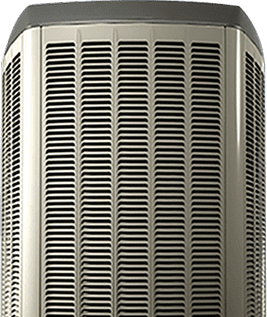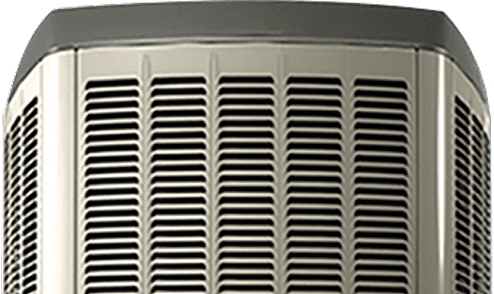The Heating, Cooling & Plumbing Services Greater Toronto Homeowners Rave About
Looking for reliable heating and cooling services in Greater Toronto? We’re here to help—fast. Whether it’s a malfunctioning furnace in the dead of winter or an air conditioning breakdown on a sweltering day, we respond quickly to restore your home’s comfort. Call us anytime, 24/7 and speak to a real person who will prioritize your needs right away.


For more details, read our reviews:
Read our reviewsFind a home HVAC technician near you:
Proudly serving Toronto and the surrounding communities, AtlasCare expert HVAC technicians provide reliable heating, cooling, and indoor comfort solutions wherever you call home.
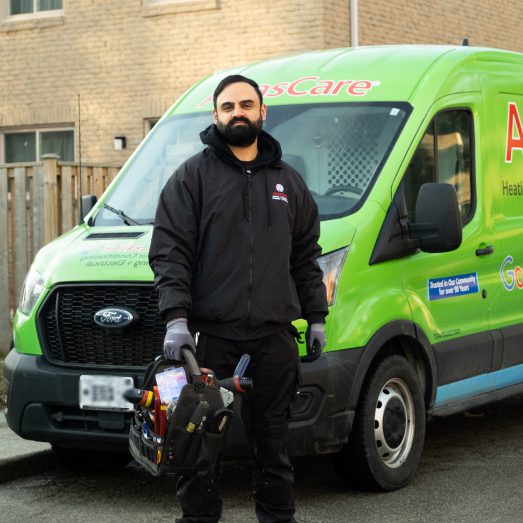
We know that time is critical when things go wrong.
That’s why our team is ready to respond quickly to any heating, cooling, plumbing, or electrical emergency. Day or night, weekends or holidays, our team is always available – we’ll be there right away!
Our licensed technicians are experts in heating, cooling, plumbing, and electrical services. From furnace repairs to air conditioner installations, we handle it all with precision and care. We understand that unexpected issues can disrupt your day, which is why we’re committed to providing quick solutions that last. You’ll never have to wait long when you call us—we’re always ready to help.
Find the Right HVAC Solution
Not sure what system works best for your home? Our team will assess your property and provide tailored recommendations to fit your space, preferences, and budget. Whether you need a new system installed or regular maintenance to keep things running smoothly, we’re on our way!
Fast Service & Savings
Not sure what system works best for your home? Our team will assess your property and provide tailored recommendations to fit your space, preferences, and budget. Whether you need a new system installed or regular maintenance to keep things running smoothly, we’re on our way!
Experienced, Skilled & Ready to Help
With decades of experience, we work on all makes and models of HVAC systems. Our team is constantly learning about the latest advancements to ensure we’re providing you with the best possible service. From emergency repairs to preventative maintenance, we’ve built a reputation for fast, dependable plumbing, electrical and HVAC in Toronto.
Proudly serving Greater Toronto and the surrounding communities, AtlasCare expert HVAC technicians provide reliable heating, cooling, and indoor comfort solutions wherever you call home.
Ready for fast, reliable heating and cooling services in Toronto? Call us at (647) 952-3364 to speak with one of our professionals, or schedule your service online today!
Schedule a consultation for heating & cooling services in Toronto.
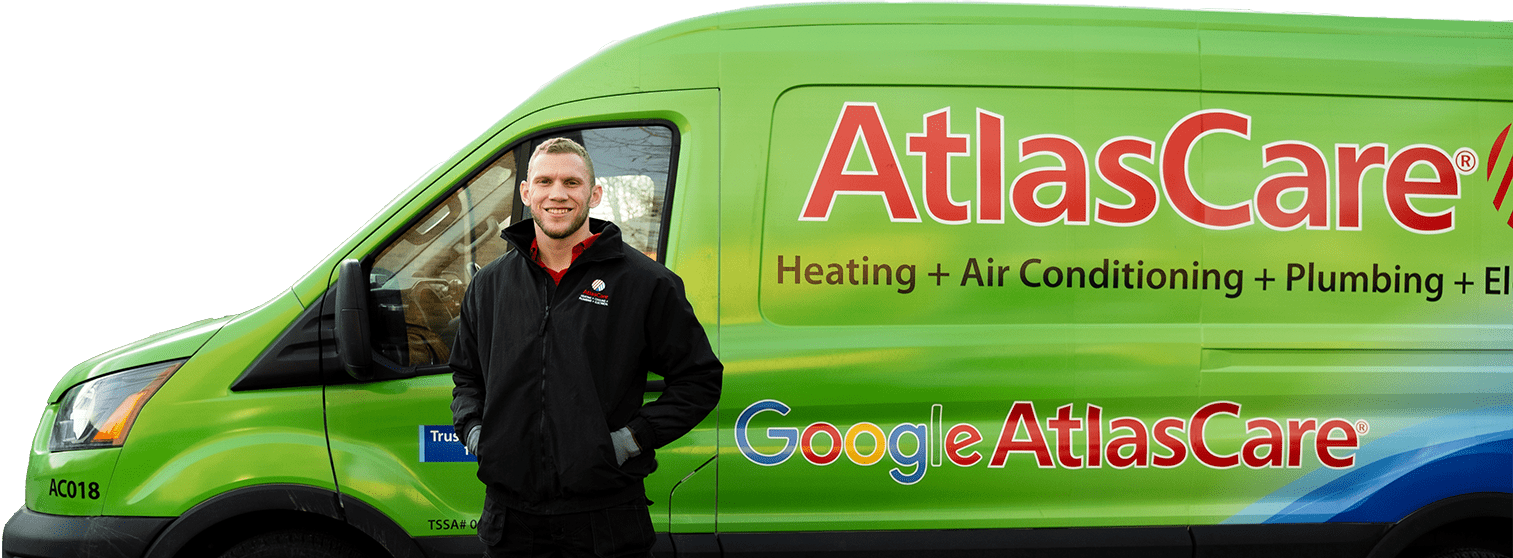
Our HVAC Services
Keep your home comfortable year-round with AtlasCare’s expert heating and cooling services Toronto homeowners rely on. Serving Toronto and surrounding areas, we provide a full range of HVAC solutions tailored to your needs. From professional installation and routine maintenance to prompt repairs and 24/7 emergency service, our factory-trained technicians ensure your home stays safe and comfortable year-round.
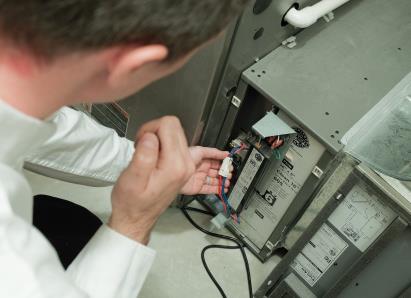
Heating Services
Boilers
Installation, maintenance, and emergency repairs for hot water and steam systems.
Centralized Heating Systems
Comprehensive solutions for centralized heating systems, delivering even warmth throughout your entire home.
Furnace Installation
Proper sizing, installation, and setup of energy-efficient furnaces for optimal performance and reliability in your home.
Furnace Repair
Furnace repair services are available for all makes and models, with emergency assistance available 24/7.
Heat Pumps
Installation and servicing of heat pump systems that provide heating and cooling capabilities throughout the year.
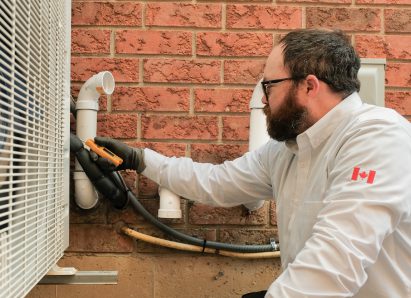
Air Conditioning Services
AC Installation
Proper sizing, positioning, and setup of air conditioning systems to maximize performance and energy efficiency throughout Toronto’s warm summers.
AC Inspection
Thorough air conditioner inspections to identify potential issues before they lead to breakdowns.
AC Repair
Fast, reliable air conditioner repair services for all makes and models, with emergency options available.
Heat Pumps
Installation and maintenance of heat pump systems that provide efficient cooling in summer and heating in winter.
UV Air Purifiers
Installation and maintenance of UV air purification systems that integrate with your existing HVAC equipment to reduce airborne contaminants.
Humidifiers
Installation and maintenance of whole-home humidification systems that work with your HVAC setup to maintain optimal indoor humidity levels.
Duct Cleaning
Professional duct cleaning services to remove accumulated dust, allergens, and debris from your air distribution system.
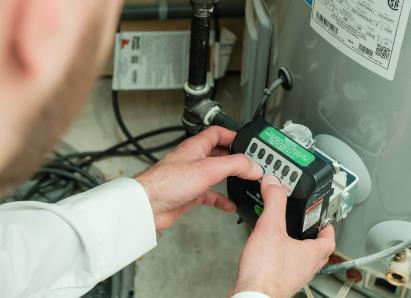
Water Heaters
Water Heater Repairs
Repair services for all water heater types and brands when problems arise.
Water Heater Installation
Installation of new water heating systems, ensuring proper sizing, connections, and setup, including complete removal of old units and professional installation of energy-efficient replacements.

Plumbing Services
Faucets
Installation and repair services for water fixtures throughout your home.
Emergency Plumbing Services
Fast-response emergency plumbing services available 24/7 for urgent situations that can’t wait.
Drains
Maintenance of all household drains to prevent backups and ensure proper water flow.
Kitec Plumbing
Kitec plumbing replacement services for homes with this piping system.
Plumbing Repairs
Repair services for all plumbing issues, from minor drips to major pipe problems.
Sinks
Installation and maintenance of kitchen, bathroom, and utility sinks with professional attention to detail.
Sump Pumps
Installation, maintenance, and repair of sump pump systems to protect Toronto homes from basement flooding.
Toilets
Toilet repair and replacement services with minimal disruption.
Water Quality
Full water filtration and treatment solutions to improve your home’s water quality and protect your plumbing systems.
Hydro-Jetting
High-pressure water jetting technology completely clears stubborn blockages and buildup from your plumbing lines.
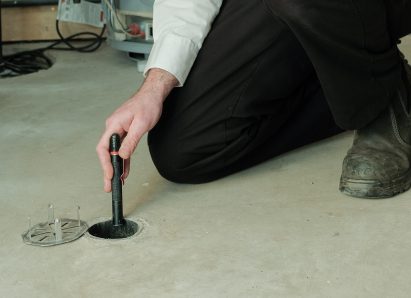
Drain and Sewer Systems
Water Cleanup & Restoration
Emergency water cleanup and restoration services following flooding or plumbing failures, including water extraction, drying, and restoration.
Waterproofing & Foundation Repair
Comprehensive waterproofing solutions and foundation repairs to address water infiltration issues and keep your basement dry and structurally sound.
Exterior Basement Waterproofing
Implementation of exterior waterproofing systems that prevent water infiltration at its source.
Sewer Subsidy Programs
We help Toronto homeowners navigate available municipal subsidy programs for sewer upgrades and flood protection.
Greater Toronto’s Residential HVAC Service Professionals Since 1932
90+ Years of Proven Experience You Can Count On
Since 1932, we’ve provided expert heating and cooling services Toronto homeowners and businesses rely on. With decades of experience and thousands of successful repairs and installations, we deliver reliable solutions to keep your property comfortable year-round.
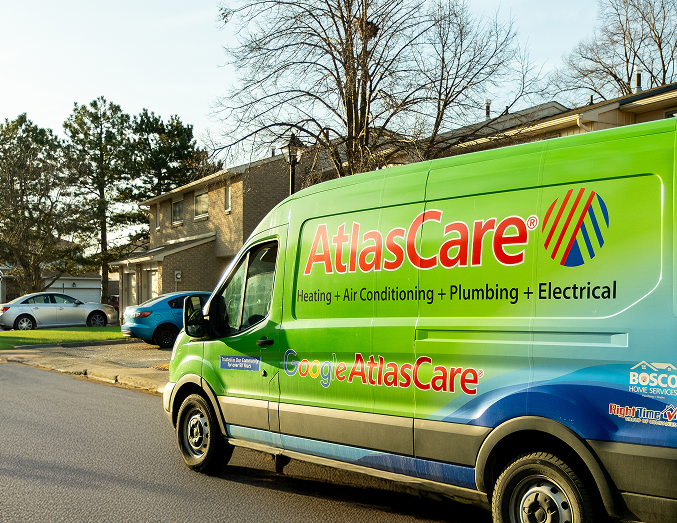
HVAC Service 24/7, 365 Days a Year
Need fast heating and cooling in Toronto? We offer 24/7 HVAC solutions to keep your home comfortable in any weather. Count on our quick-response team to restore your heating, cooling, or plumbing systems whenever you need us. Call now for reliable, round-the-clock service!
Certified, Background-Checked Professionals
Every AtlasCare technician undergoes rigorous training, certification, and background screening. When you welcome our HVAC service team into your home, you can feel confident knowing they’re qualified, trustworthy, and dedicated to delivering exceptional service.
Upfront, No-Surprise Pricing
We provide clear, detailed estimates before starting any work. Our transparent pricing means you’ll never face unexpected charges or hidden fees. We respect your budget and ensure you understand the investment required for your Toronto HVAC service needs.
Satisfaction Guaranteed
Our commitment to your comfort doesn’t end when the service call is complete. We stand behind our work with comprehensive satisfaction guarantees. If you’re not completely satisfied with our heating and cooling solutions, we’ll make it right.
Complete Home
Comfort Solutions
Beyond basic HVAC services, we offer a wide range of solutions for your home’s comfort and functionality. From plumbing and electrical to air quality and water systems, our integrated approach ensures all your home’s systems work in sync.
Hear from Greater Toronto Homeowners Who Rave About Our HVAC Services
Overall I would recommend and use their services again....but hopefully not too soon 🙂
Worked with me on installation details, equipment position, venting location, etc... to make sure I was 100% happy.
Best financing options available anywhere, on top of great prices for the equipment you really want.
100% recommended. Late night emergency repairs available. These guys do it all, do it better than anyone, and absolutely will do what it takes to make you happy.
10 days ago, I had issues with my AC cooling system and I contacted Atlas for support to diagnose the issue. I thought it would be a better option than a known brand since I’ll get the care I need. They sent an agent within 2 hours, diagnosed the problem, blamed it on my old AC unit that the builder set up and sold me a $5,000 AC.
I thought it was great service - fast, had a solution, and installed a new AC unit immediately.
All of this changed 10 days later!
The same new AC unit stopped working during the heatwave. It’s 33 degrees outside and at home, it’s 29 degrees.
I called support and since they were backed up - they were available the next day from 12-4pm. The next day, no one showed up. I got a call at 9pm saying, nobody can be dispatched until the next morning. I understood the pain of the technicians since it was during the heatwave.
The next morning (day 3 of being in heat), the technician comes and resets the unit and claims it’s working. When he left the house, it was 25.5 degrees. 5 hours later, it increased to 26.5 degrees.
CLEARLY nothing was fixed.
I called support back asking for help and they said the earliest a support agent can come by is 2 days later with NO ETA.
WHAT KIND OF SERVICE IS THIS???
They brag about 10 years parts + labour warranty but the unit breaks down in 10 days after install and it takes them 5 days to fix the issue - DURING A HEATWAVE when you need an AC unit.
Our residential community has a ton of AC issues and they’re all in the market for a provider. I’m strongly recommending not to go with Atlas.
Unfortunately, I’m stuck with this new AC unit and their service for the next few years. It’s really sad.
I’m waiting for a manager to call me later today. Hoping for some resolution.
Susie
Atlas is proficient in keeping the customer informed of bookings, arrival times and proximity of their service providers. Nice to be kept in the loop instead of the dark!
5 deserving stars ⭐️⭐️⭐️⭐️⭐️.
Job well done!
Sincerely,
Todd and Michelle Skerry
